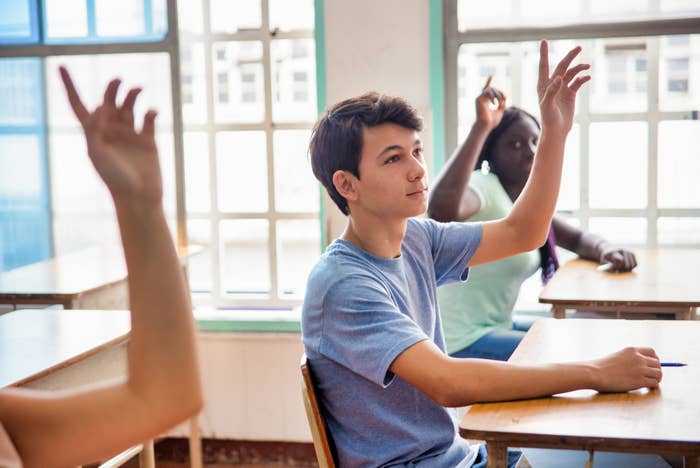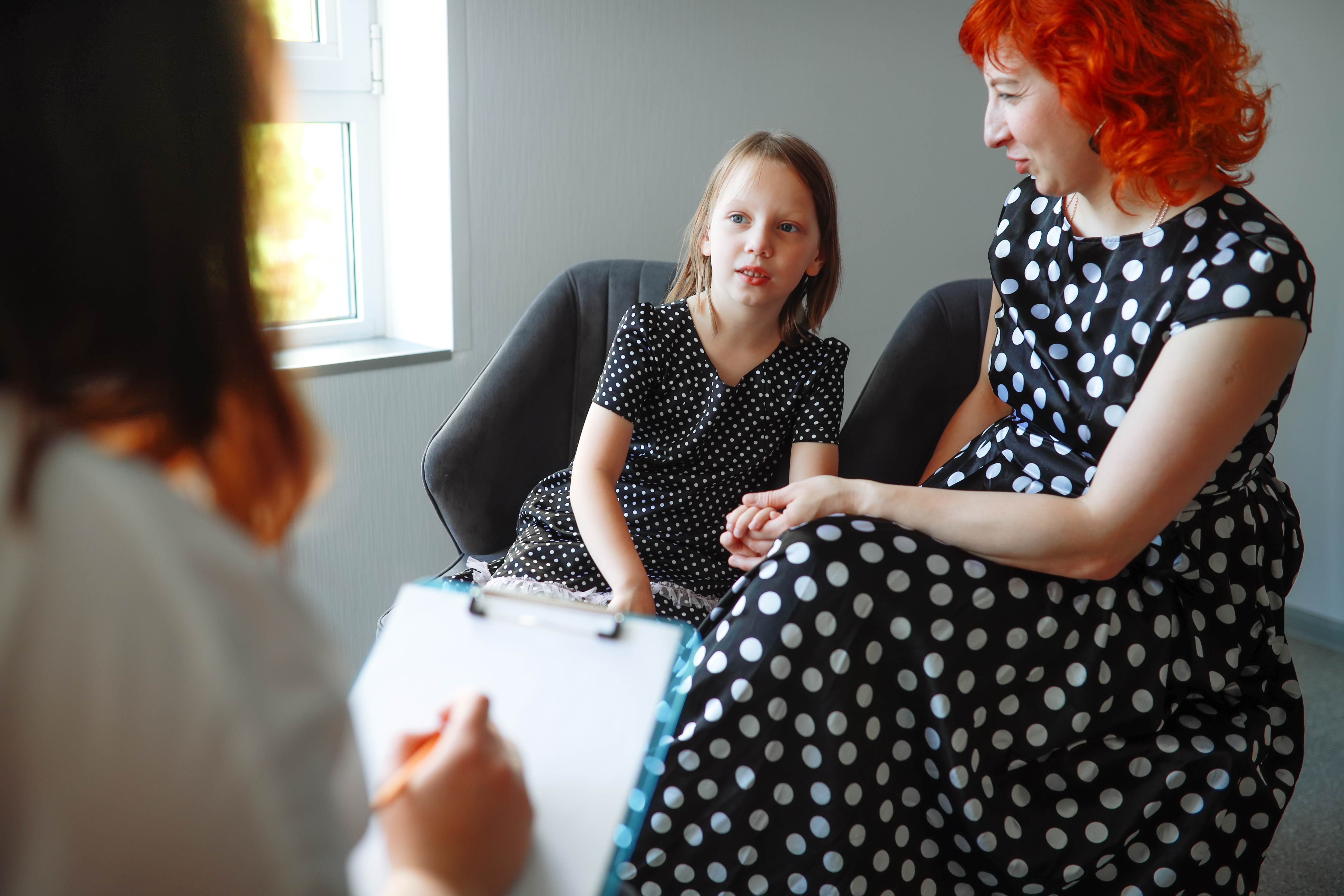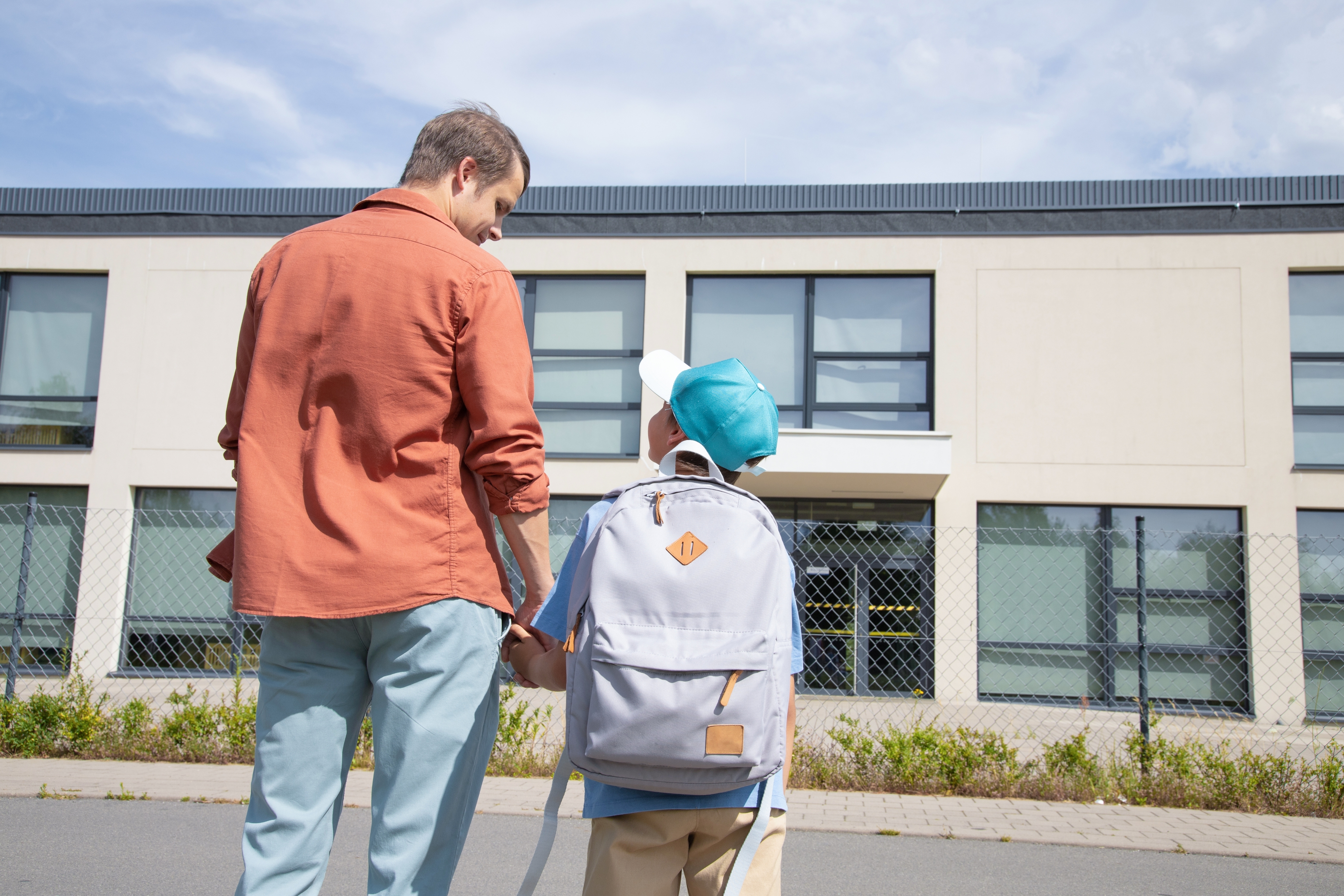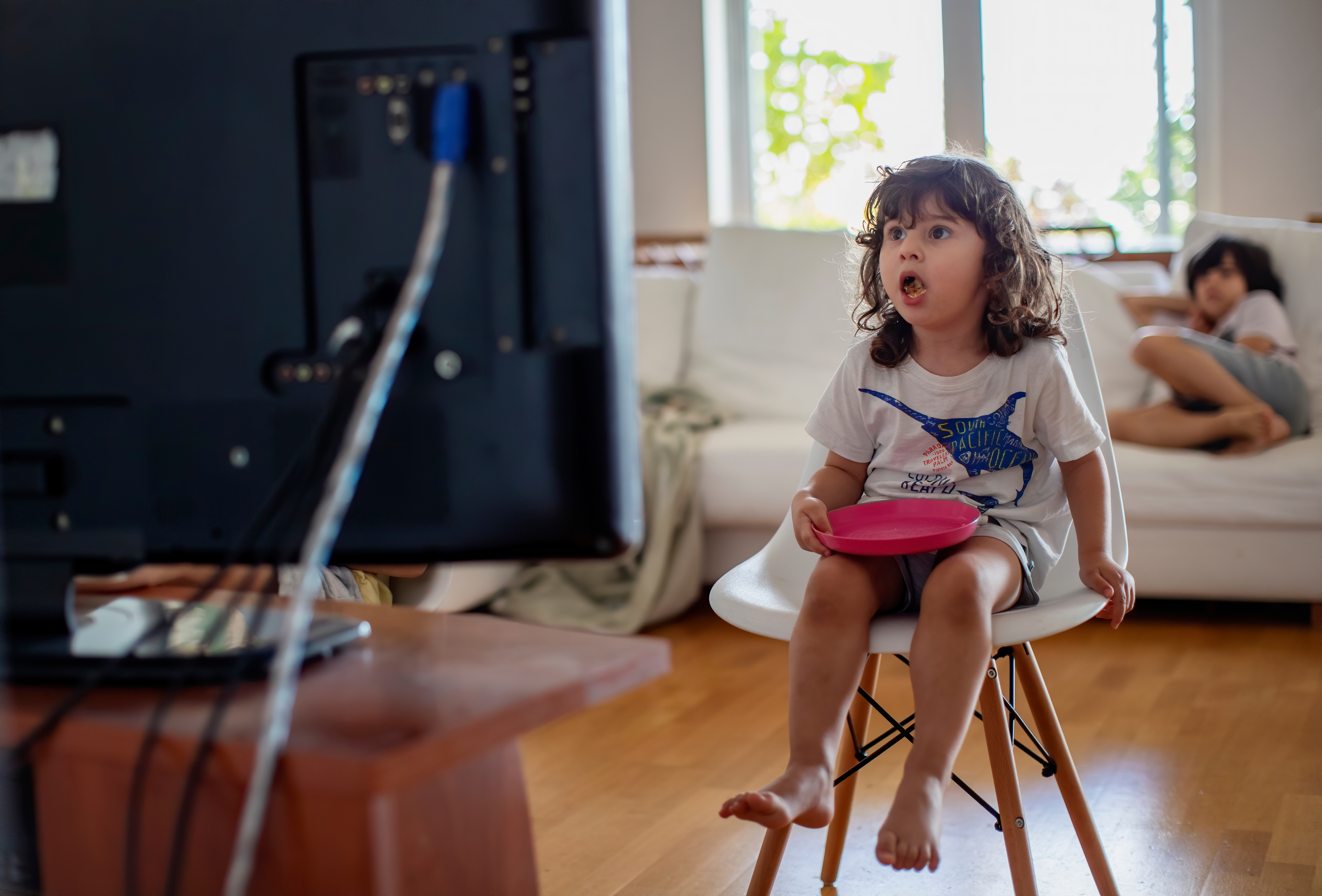" If a parent does this , that can show that they might be neglectful of their child ’s need at times . "
Teachers meet a lot of kids and parents throughout their profession, so it makes a lot of sense that they can pick up on little behaviors and habits that may indicate something deeper is going on. So when weaskedtheBuzzFeed Community, “What are the automatic tell-tale signs that a parent or kid’s behavior exhibits ‘red flags’ parenting styles?” so many teachers submitted their answers below:
1.“One of the hardest parts of being a teacher is watching students get pushed into honors or AP classes they’re not ready for, all because of pressure from their families or cultural expectations. I see students who would absolutely thrive in regular classes — earning A’s, building confidence, and truly learning — get overloaded with three or four APs just for the weighted GPA or to meet a cultural standard of success, like getting into a school such as Rutgers. It’s not that these students aren’t capable or hardworking — they are — but they end up floundering under the weight of unrealistic expectations, and sometimes, they start to believe they’re not good enough. It’s heartbreaking to watch because if they were in the right academic setting, they’d be shining.”
2.“For me, it’s definitely when the first conversation revolves around how bad/disappointing/unsupportive their previous schools were, especially when you have a family that’s moved schools a lot for no logical reason. They’re always going to find fault with you, and it’s never going to be their child’s own issues or failures. I just try to be overly communicative so they know I’m on their side and want their child to succeed!”
— Anonymous , 39 , Colorado
3.“Most of the time, I don’t see a red flag with kids right off. I teach high school. Kids are pretty good at behaving at the beginning when they get to me. But my parent night is usually about two weeks in, and though it’s poorly attended (one or two kids represented in each class of 30), when a parent attends and then spends the entire time talking about themselves, I know that kid might have issues. The kids of these parents tend to either act out or never participate and try to hide themselves away. It’s sad.”
4.“When the parents are well kept up, nice clothes, new mani/pedi, all the latest tech, and their student is in unkept clothes, smells, arrives dirty, asks for food/snacks, etc.”
— Anonymous , 43 , Kansas
5.“If their kid can do no wrong. Look, children require boundaries and high expectations. Inevitably, when they don’t meet them because, ya know, they’re kids, that’s a coaching opportunity, not a moment to chide the rest of the world because your child is perfect. Learn this as a parent and your kid will be much more well-rounded. I always cringe when I have a convo with a parent who thinks their child is always right. Yikes.”
6.“When a student is helpful in a way that anticipates my needs, and they are overly responsible for their age. I worry that they are being parentified and/or live with at least one narcissistic parent/guardian.”
— Anonymous , 39 , Chicago
7.“When I was teaching and then again as an elementary principal, there were times that I would bring parents in to talk about a student’s misbehavior. The parent would listen, then say they had talked to the student about the incident and denied everything. ‘My son (or daughter) doesn’t lie to me, so I know it’s true.’ I would think to myself that I now had a better understanding of the home dynamics and maybe understand better why behavior is what it is.”
8.“When the parent always blames their spouse, divorced or not. This leads to the student not taking responsibility for his or her actions, as this behavior is picked up.”
— Anonymous , 25 , NJ
9.“There may be trouble in a home if a parent is not helping their child get to school and is letting them go without showering or brushing their teeth. Seeing those things gives me concern, and not even in a judgmental way, more like a ‘how can I help’ sort of way. I always make contact with the home immediately, either by calling or emailing, to set up a time to meet. I’ve had only two mandated report situations come from this. Most of the time, it’s a single parent who is overwhelmed, or is working multiple jobs, and not with their child in the morning. If teachers can approach these things with a team mindset, then usually, the parent opens up, and we can work together the fix the problem. I frequently say that there are very few parents who simply do not care about their child, but a lot of parents who are overwhelmed to the point of inability to care for themselves and their child. It’s sad!”
10.“You can tell a wild amount by how a child behaves in the classroom. The biggest thing I’ve noticed over the last 11 years of teaching is how kids don’t seem to know how to have a conversation. They yell over other people, interrupt, can’t follow a thread to its logical conclusion, and their vocabulary is mostly brain rot and foul language. These kids are not being spoken to at home. Nobody asks them about their day. They don’t have regular interactions with people where they have to take turns. This has become increasingly common (bearing in mind, I teach middle school). I know which kids are iPad-raised and only talk online and which are not based on how they behave in a conversation.”
— Anonymous , 34 , California
11.“When their child is running around, into objects, or throwing toys around, and no attempt by the parent is made to get them to calm down or clean up. Immediate flag for me. It is usually an indicator of passive parenting (also referred to as “permissive parenting”), although a lot of these parents think they’re ‘gentle parenting.’ There’s a huge difference, and it directly impacts your child’s self-control, sense of boundaries, and ability to socialize productively as they get older.”
12.“They consistently refer to them as ‘my child’ and not by their name. The majority of the time, that kid has no boundaries and nothing is ever their fault.”
— chillkid73
13.“If a parent is doing everything for their child and not letting their child do anything on their own, there will probably be problems. Their kids will either be lazy or super needy because of it. If a parent constantly brags about their child, there is a good chance their kid is going to exhibit awful behavior because their kid knows they can get away with anything at home.”
14.“You’ll also see the kids who can’t follow the school rules being dropped off in locations where they’re not supposed to be dropped off: at the bus stop, the staff parking lot, loading zones, handicapped spots. If you don’t follow the rules as a parent, neither will your kid(s).”
— edgycat84
15.“When students tell me stuff like, ‘I got mad and threw my controller at my TV AGAIN, but it’s okay because my parents bought me a new one.’ This screams entitlement, and tells me that the parent would rather give in to their child’s ridiculous behavior than to do anything to curtail it or provide (or uphold) any sort of disciplinary actions.”
16.“If a parent is on their phone or really just not paying attention during a meeting, that can show that they might be neglectful of their child’s needs at times.”
— Anonymous , 31 , Bloomington , Illinois .
17.“I’m an 8th-grade math teacher. I had a student three years ago who, whenever we’d give an assignment, would walk out of class. Before giving write-ups for leaving without permission, my co-teacher and I attempted to talk to her to find out what the issue was, because surely, maybe she was intimidated by the work, or had anxiety about the class. No, it turns out she flat out ‘wasn’t feeling it.’ After speaking with her other teachers, she did this in every class. Never did one assignment and would text her mom under the desk that we were harassing her and then would just walk out.”








